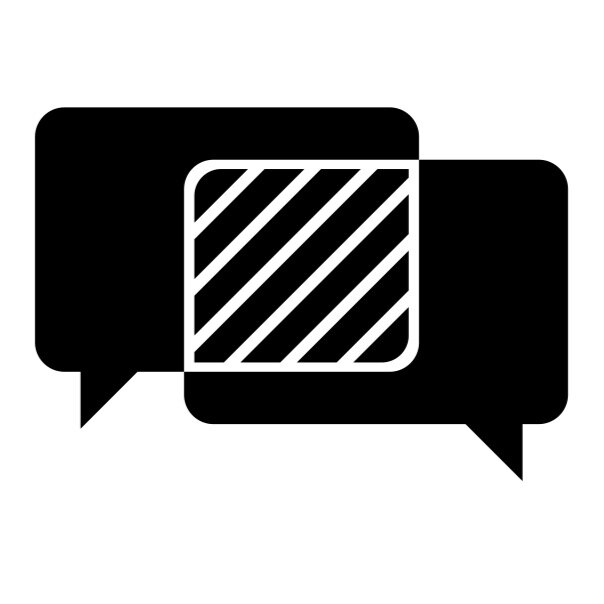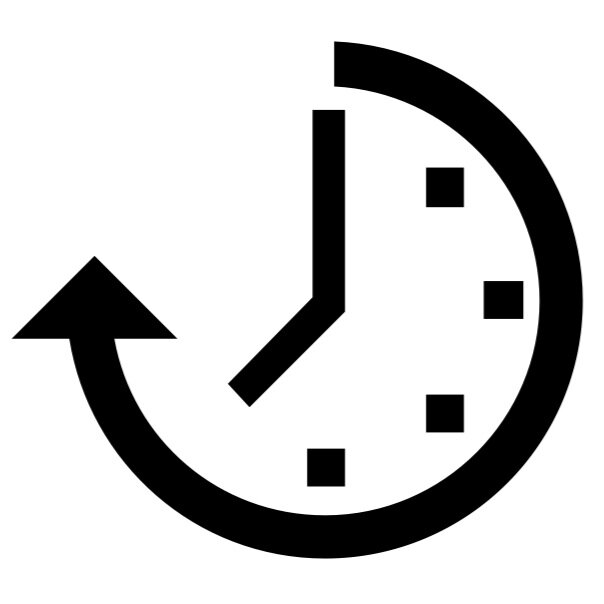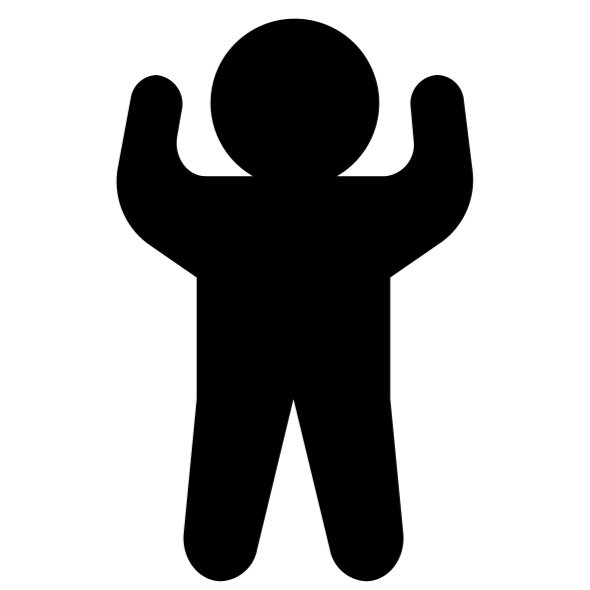FAQ
Not sure how to get started? Feel free to reach out if you have a question that isn’t answered below.
I’ve never talked to anyone. I’m used to handling things on my own. Aren’t people who go to therapy weak?
Not at all. Everyone needs help now and then. People who ask for help know when they need it and have the ability to reach out. You already have strengths. In our work together, I’m just here to help you identify them and implement them again to get through the problem you’re working on right now.
What’s the difference between talking to you or my best friend or family?
There are a few differences. One, I have the training and experience to help you approach your situation in a new way because it’s what I do professionally. Two, therapy is completely confidential, meaning you won’t have to worry about others “minding your business.” And three, I’m a third party, so if your situation provokes a lot of negative emotion, I’m not someone you’ll have to think about when navigating your own personal life.
Why shouldn’t I just take medication?
Medication alone cannot solve all issues. What it does is treat the symptoms. While it can be effective and is sometimes needed in conjunction with therapy, the bulk of our work together is designed to explore the root of the issue and give you strategies that can help you accomplish your personal and/or relational goals.
How does it work? What do I have to do in sessions?
Because each person has different issues and goals for therapy, therapy will be different depending on the individual. I tailor my therapeutic approach to your specific needs.
How long will it take?
It depends on your desire for personal development, your commitment, and the various factors that are driving you to seek therapy in the first place. Because everyone’s circumstances are unique to them, the length of time therapy can take truly varies.
I want to get the most out of therapy. What can I do to help?
First of all, I’m so glad you’re dedicated to getting the most out of your sessions. I will say that your active participation and dedication is absolutely crucial to your success, so do the work outside of our sessions to really see the growth and development you want.
My partner and I are having problems. Should we be in individual counseling or come together?
If you are concerned about your relationship and you would both like to work with me, I’ll initially work with you together. After this, if one of you wants to continue the work in individual sessions, I’ll work with only one of you, the reason being that it isn’t helpful to move between individual and couple counseling with the same therapist because of potential trust issues.
Do you take insurance?
For more information on payment and insurance, please check out the Logistics page!
What is Child Therapy?
Child therapy, also known as play therapy, is a form of counseling that helps children express themselves through play and other creative activities. It aims to address emotional, behavioral, and social challenges.
When is Child Therapy Recommended?
Child therapy is recommended when a child is experiencing difficulties coping with emotions, behavioral issues, trauma, family changes, school-related challenges, or developmental concerns.
How Do I Know If My Child Needs Therapy?
Signs that a child may benefit from therapy include persistent changes in behavior, difficulty managing emotions, withdrawal from friends or activities, academic struggles, or significant life changes affecting the child.
What Age Groups Does Child Therapy Serve?
Child therapy is typically suitable for children of various age groups, including preschoolers, school-aged children, and adolescents. Therapists often adapt their approaches based on the child's developmental stage.
How Does Play Therapy Work?
Play therapy uses play as a medium for children to communicate and express themselves. Therapists observe the child's play and use it to understand and address underlying emotions and issues.
How Long Does Child Therapy Take?
The duration of child therapy varies based on the child's needs and the nature of the concerns. Some issues may be addressed in a few sessions, while others may require longer-term therapy.
Is Parental Involvement Required?
Parental involvement is often an essential component of child therapy. Therapists may work with parents to understand family dynamics, provide guidance on supporting the child, and offer parenting strategies.
What Techniques are Used in Child Therapy?
Child therapists use a variety of techniques, including play therapy, cognitive-behavioral approaches, art therapy, storytelling, and age-appropriate activities to engage children in the therapeutic process.
Is Child Therapy Confidential?
Confidentiality in child therapy is crucial, but there are limits. Therapists may share information with parents or caregivers if they believe the child is at risk of harm. Establishing trust with the child is a priority.
Can Child Therapy Help with Academic Issues?
Child therapy can address emotional and behavioral issues that may impact academic performance. Therapists collaborate with parents and schools to provide support and interventions for academic challenges.
What Qualifications Should a Child Therapist Have?
Child therapists should have a relevant mental health degree, such as psychology or social work, and specialized training or certification in child therapy techniques. Licensing requirements vary by location.
How Do I Choose the Right Child Therapist?
Choosing the right child therapist involves considering their qualifications, experience with children, therapeutic approach, and compatibility with your child. It may be helpful to have an initial consultation.









